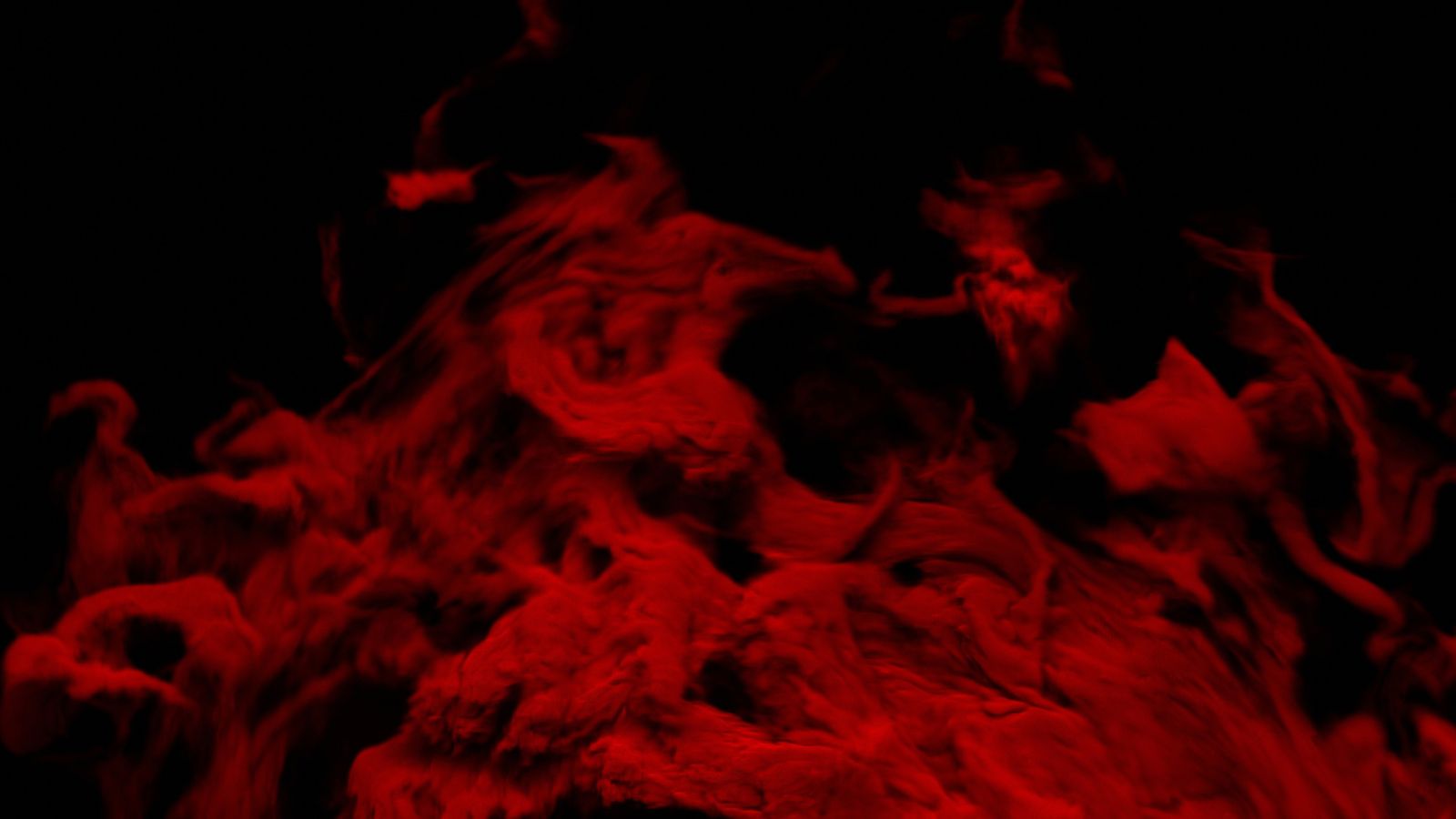True Sustainable Happiness Is Only Acquired Through the Consistent Worship of Allāh Alone
Shaykh al-Islām Ibn Taymiyyah


Shaykh al-Islām Ibn Taymiyyah (d. 728 AH) said:
There is nothing in existence to which the slave [of Allāh] turns to in comfort, or derives tranquility from, or gains prosperity in facing, except for Allāh the Exalted.
Hence, whoever worships other than Allāh, even if he loves that [object of worship], and consequently is able to derive feelings of closeness and bliss from it in this worldly life; it is all but a detriment to the companion [of this worship]. This detriment is greater even than one who derives bliss from consuming food laced with poison as [explained in the ayah]:
لَوْ كَانَ فِيهِمَا آلِهَةٌ إِلَّا اللَّهُ لَفَسَدَتَا ۚ فَسُبْحَانَ اللَّهِ رَبِّ الْعَرْشِ عَمَّا يَصِفُونَ ﴿٢٢﴾
‘Had there been within the heavens and earth gods besides Allāh, they both would have been ruined. So exalted is Allāh, Lord of the Throne, above what they describe’
[Al-Anbiyāʾ, 21:22].
For, indeed, the subsistence of the heavens and the earth is only through the worshipping of the one true God. Thus, if there existed within the heavens and the earth another object deserving of worship, it could never be a true God. For He is Allāh; there can be none worthy of His name, neither does He have an equal. [The presence of two Gods], therefore, must lead to corruption due to the negation of the very thing that has caused this subsistence.
Know also that the destitution the slave [of Allāh] has before Him stipulates that he worship Him alone, without associating partners with Him [in worship]. This construct is non-existent elsewhere, and has no measurable parable but is similar in some respects to the requirement of the body for food and drink. Between these two requirements there still exists plenty of differences. For the true essence of the slave [of Allāh] is but his heart and soul. Those two can never thrive uprightly except through the worship of Allāh, the God [of the heart and soul]; there is nothing worshipped in truth except for Him. The [heart and soul] will never find true tranquillity except through His remembrance. The [slave of Allāh] labours (with their deeds) towards [Allāh] with a fast-approaching return [to Him], for this meeting is an inevitability. Moreover, [the heart and soul] will never attain true, sound, uprightness without this ultimate meeting. Even if a slave [of Allāh] is able to attain forms of happiness and enjoyment without Allāh, such pleasures shall not persist. Rather, it only changes from one kind [of enjoyment] to another, from one individual to another. One is able to enjoy it transiently, in some situations. In others, the very same object of derived enjoyment holds no pleasure for this individual, neither does he delight in it. Rather, he may be harmed by its presence with him, until he finds impairment from it. As for his true God [Allāh], he must be cognizant of Him in every situation he finds himself in, at all times, wherever he may be, for [his true God] is with him. As our leader Ibrāhīm (may the peace and blessings of Allāh be upon him) said:
لَا أُحِبُّ الْآفِلِينَ ﴿٧٦﴾
‘”I like not those that disappear.”’
[Al-Anʿām, 6:76]
And the greatest of all the verses in the glorious Qurʾān:
اللَّهُ لَا إِلَٰهَ إِلَّا هُوَ الْحَيُّ الْقَيُّومُ ۚ ﴿٢٥٥﴾
‘Allah – there is no deity [worthy of worship] except Him, the Ever-Living, the Sustainer of [all] existence.’
[Al-Baqarah, 2:255]
‘Al-Qayyūm’ [in the verse] means the constant, the One who remains, without passing away or fading into non-existence, nor does He perish in any conceivable way.
Source: Majmūʿ Al-Fatāwá 1:23
Translated by: Riyāḍ Al-Kanadī
Most Popular: Last 30 Days

















